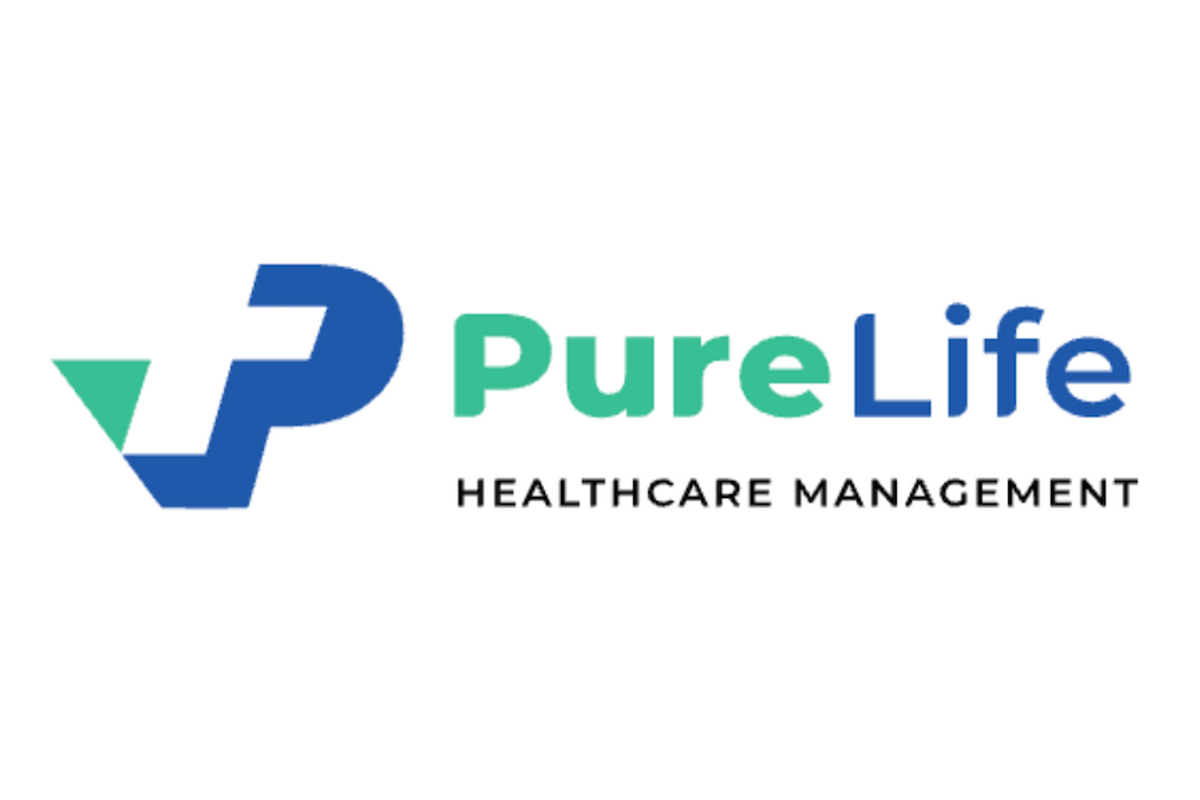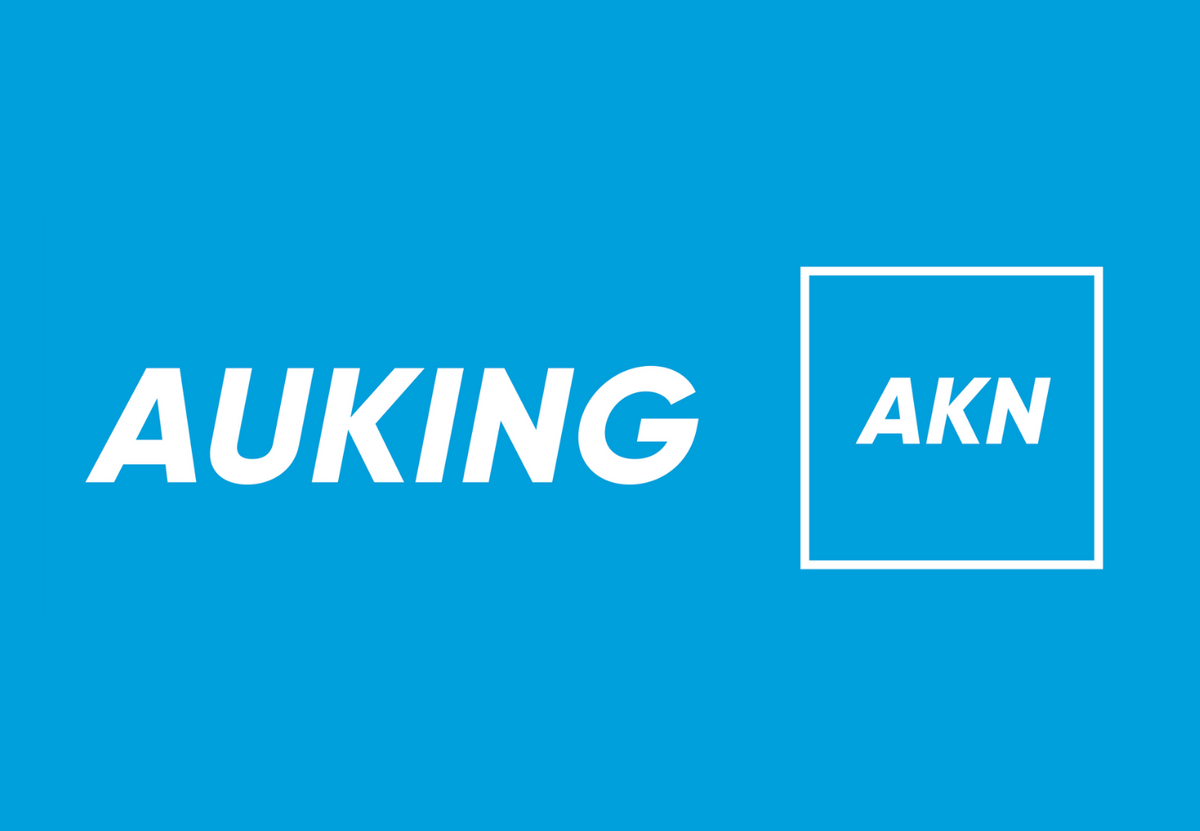
October 19, 2023
Pure Life Healthcare Management aims to change the healthcare landscape for people suffering from post-traumatic stress disorder (PTSD) with more than 20 services to support PTSD and trauma, creating a wrap-around healthcare ecosystem that provides patients with everything they need to heal.
The company is backed by an experienced team with a deep understanding of issues surrounding mental health. It is also structured to leverage its own value chain, which includes wrap-around care clinics, occupational therapy, alternative medical treatments, pharmacies and partnerships with organizations such as Heroes Haven Society.
 Key Services and Partnerships
Key Services and PartnershipsPure Life Healthcare Management’s wraparound approach to healthcare will provide support throughout the entire healing process, from counseling and medical testing to dentistry and physiotherapy. The majority of clients are expected to require only a light to medium touch, with one to six visits per month. However, Pure Life also expects a minority of highly complex cases which will require up to $100,000 annually per client with 10 to 20 visits per month.
Company Highlights
- Over 1.3 million Canadians currently struggle with PTSD and trauma, a population largely underserved by the country's mental health services.
- Canada is implementing a National Strategy for PTSD focused on prevention, early treatment and intervention, increasing funding for mental health services and looking for partners.
- Pure Life Healthcare Management is strategically positioned to be among these partners.
- Pure Life Healthcare Management offers more than 20 services to support PTSD and trauma, creating a wrap-around healthcare ecosystem that provides patients with everything they need to heal.
- The company is backed by an experienced leadership team and a business structure designed to maximize the value chain, which includes:
- Wrap-around care clinics
- Pharmacies
- Alternative medicines
- Occupational therapies
- Partnerships
- Joint ventures
- Real estate and commercial holdings
- One of Pure Life Healthcare Management's most prominent partnerships is with the non-profit Heroes Haven Society, which provides free testing and support for individuals suffering from trauma.
- The majority of Pure Life Healthcare Management’s revenue will stem from government and insurance benefits.
- Pure Life Healthcare Management has begun with a virtual model, and is preparing to acquire its first physical location in 2023. The virtual presence will be maintained to serve the remote and restricted community, and as a way to measure patient concentration by area, driving physical location demand and profitability from day one. This strategy is expected to deliver the following revenues:
- Phase 1 (2023): $690,000 with 14,400 clients and one physical location.
- Phase 2 (2024): $29.90 million with 27,000 clients and two physical locations.
- Phase 3 (2025): $90.85 million with 40,000 clients and four physical locations.
This Pure Life Healthcare Management profile is part of a paid investor education campaign.*
Click here to connect with Pure Life Healthcare Management to receive an Investor Presentation

Sign up to get your FREE
AuKing Mining Investor Kit
and hear about exciting investment opportunities.
- Corporate info
- Insights
- Growth strategies
- Upcoming projects
GET YOUR FREE INVESTOR KIT
The Conversation (0)
09 February
AuKing Mining
Advancing a diversified portfolio of uranium, copper and critical minerals projects across Australia, Tanzania and North America, with current priorities including the proposed tin acquisition in north-west Tasmania, the Koongie Park copper-zinc project in Western Australia, and the Mkuju uranium project in southern Tanzania.
Advancing a diversified portfolio of uranium, copper and critical minerals projects across Australia, Tanzania and North America, with current priorities including the proposed tin acquisition in north-west Tasmania, the Koongie Park copper-zinc project in Western Australia, and the Mkuju uranium project in southern Tanzania. Keep Reading...
28 January
Expansion of SVN-015 into Depression Following Positive Preclinical Data
Demonstrates antidepressant-like activity benchmarked against fluoxetine (Prozac®), supporting potential in patients with inadequate SSRI response
Solvonis Therapeutics plc (LSE: SVNS), an emerging biopharmaceutical company developing novel medicines for high-burden central nervous system ("CNS") disorders, announces the expansion of its investigational compound SVN-015 into the treatment of depression, supported by preclinical data... Keep Reading...
20 January
5 Biggest Pharmaceutical ETFs for Investors in 2026
Experienced and novice investors alike may want to consider pharmaceutical exchange-traded funds (ETFs) as a way to gain exposure to the top pharma companies and the pharma market as a whole. Like all ETFs, pharmaceutical ETFs are a good option for those who want to trade a set of assets in the... Keep Reading...
17 December 2025
InMed Announces Results of 2025 Annual General and Special Meeting
InMed Pharmaceuticals Inc. (NASDAQ: INM) ("InMed" or the "Company"), a pharmaceutical company focused on developing a pipeline of proprietary small molecule drug candidates for diseases with high unmet medical needs, today confirmed that, at its annual general and special meeting of shareholders... Keep Reading...
12 December 2025
InMed Provides Update on BayMedica Commercial Business
InMed Pharmaceuticals Inc. (NASDAQ: INM) ("InMed" or the "Company"), a pharmaceutical company focused on developing a pipeline of proprietary small molecule drug candidates for diseases with high unmet medical needs, today released the following statement.Recently, H.R. 5371, the "Continuing... Keep Reading...
09 December 2025
Invion Advances Global Strategy With New Licencing Agreement
Invion (ASX:IVX) has taken a major step forward with a new global licencing agreement that streamlines its rights across key cancer and infectious disease programs. The move gives the company a clearer path to advance its Photosoft technology, expand market opportunities and strengthen... Keep Reading...
18 November 2025
InMed Announces Successful Completion of Pharmacokinetic Studies in Large Animal Model for Its Alzheimer's Disease Candidate INM-901
Data demonstrate a favorable bioavailability profile of INM-901 oral formulationData will support design and planning of first in human clinical trialsPreparing for pre-IND meeting with the FDA InMed Pharmaceuticals Inc. (NASDAQ: INM) ("InMed" or the "Company"), a pharmaceutical company... Keep Reading...
Latest News

Sign up to get your FREE
AuKing Mining Investor Kit
and hear about exciting investment opportunities.
- Corporate info
- Insights
- Growth strategies
- Upcoming projects
GET YOUR FREE INVESTOR KIT
Interactive Chart
Latest Press Releases
Related News
TOP STOCKS
American Battery4.030.24
Aion Therapeutic0.10-0.01
Cybin Corp2.140.00




